What is die casting zinc
Die casting zinc is a casting procedure where molten zinc is injected into a die cavity made of steel that has the size, shape, and dimensions of the part or compartment being produced. The end cast zinc product has all mechanical features of zinc and its look. Zinc alloys used in zinc casting are valued for their impact strength, ductility, and low melting point, which make them perfect for casting.
The process of die casting zinc is done under low heat due to zinc low melting point. Prior to starting the casting process, dies are carefully cleaned and lubricated. Many forms of zinc alloys are used including various types of zinc-aluminum, zamakas, and zinc-copper with zamak 3 being the most largely used due to its dimensional stability and mechanical and physical features.
Of the various metals used in casting zinc is the simple to cast and one of the rich metals on earth. It is slivery white, brittle with a blue tinge, and tarnishes when exposed to the air. Zinc die casting alloys contain 78 percent and various quantities of lead, copper, tin, magnesium, and aluminum to get the necessary die casting features and mechanical properties.
Die casting zinc advantages
Zinc die casting is an affordable technique for manufacturing powerful durable parts. The process produces parts with ruggedness, strength, rigidity at a reasonable cost. The mechanical features of zinc die castings match or exceed those of other casting metals including magnesium, aluminum, cast iron, and bronze.
Zinc die casting Tooling cost
In die casting zinc, the most important cost is tooling for the creation of dies. The tooling process takes hours of preparation, machining, and craftsmanship to produce dies which actually the best shape, dimensional, and tolerances accuracy. Zinc die casting dies last 10 times longer than aluminum die casting mold and 5 times longer than magnesium dies due to zinc low melting temperature.
The aluminum dies cost is related to the steel used to generate the dies, which is high standard, expensive H13 tool steel. The excellent quality steel is due to aluminum higher heat features that need dies to be made from heat treated H13 steel. Zinc dies are produced from P20 steel that is less costly than H13 steel and lowers the upfront cost of manufacturing zinc dies.
Mechanical features
Zinc die cast alloys have top impact strength and amazing ductility, a spec that is vital for post casting machining. In environments with very low temperatures, zinc die cast alloys have impact resistance that exceeds that of magnesium and aluminum die castings. Additionally, the mechanical features of zinc contain resistance of corrosion, remarkable firmness, and amazing toughness.
Complex geometries
One of the most remarkable specs of zinc die castings is their capabilities to generate very complex and hard geometries with amazing weight bearing features. This aspect of their design capabilities makes them perfect for the production of bushings.
Die casting Zinc Surface finish
The smooth attractive finish of zinc die castings makes them perfect for applications that need appearance and functionality. Additionally, as a result of the zinc die casting process, castings need very little machine to get a high standard finish.
Quick production
The cycle rate for die casting zinc is 150 to 200 percent quicker than aluminum due to zinc low melting point. With warm chamber zinc die casting, the melting and injection process are added in one mechanism, which rises efficiency and quick up the die casting process. The high solidification rate zinc die casting additional decreases cycle time for higher productivity and significantly decreases casting costs.
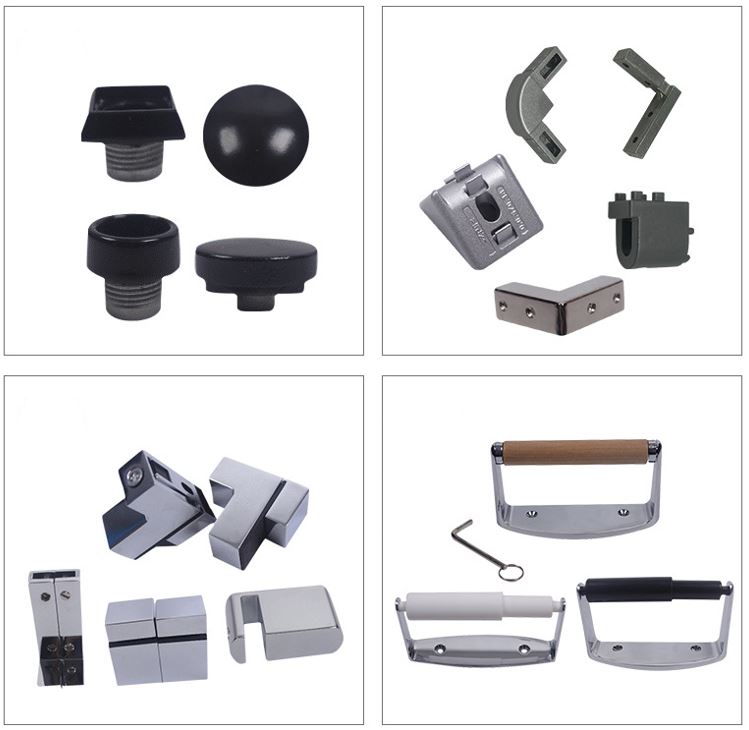 Easy assembly
Easy assembly
With a mixture or unit die, a full assembly can be cast in one cycle for increased cost savings, amazing efficiency, and reduction of labor costs. A full set of individual parts can be cast and assembled in one cycle.
Applications of zinc die casting
Automotive industry
The automotive industry hugely utilizes zinc die casting for different components. From transmission housings to engine brackets, zinc-die cast parts provide the necessary strength, cost-effectiveness, and precision the automotive sector needs. The process permits the production of lightweight parts with compromising performance.
Consumer goods industry
Zinc die casting finds extensive use in the counter goods industry, providing high standard parts of hardware, locks, and decorative elements. The versatility of the process permits for the production of complex and aesthetic attractive designs that improve the appeal of consumer products. The corrosion and durability of zinc alloys make sure the longevity of these components.
Electronics industry
Zinc die casting is important in manufacturing housings, connectors, and other components. The process provides amazing electromagnetic shielding properties, ensuring the integrity of responsive electronic devices. The capability to create hard designs and tight tolerances makes zinc die casting perfect for miniaturized electronic components.
Other industries using zinc die casting
Zinc die casting caters to industries beyond electronics, automotive, and consumer goods. It finds applications in plumbing, aerospace, medical devices, and more. The versatility of zinc alloys, gathered with cost-effectiveness and high standard results of the process, make it a preferred option across diverse industries.
Customized zinc die castings
The flexibility of zinc makes it possible to shape, configure, and engineer it to fit the needs of a big range of designs. Prior to making the decision to use zinc die casting for a custom design, it is vital to check certain factors to make the process successful. The primary decision is in regard to the type of zinc alloy that top fits the needs of the application. The aspect of the process is top discussed with experts in the field of zinc die casting.
As part of the zinc alloys selection, the die casting process will be picked based on the type of alloy that top fits the process with some alloys more applicable to warm chamber die casting while others fit into cold chamber die casting. The primary criteria in the selection of die casting zinc process is the
density of the zinc alloys, which can change with the amount of copper content.
The end factor is the processing cost, which influenced by the cost of the zinc and the producing process. In the majority of cases, zinc die casting tends to take less time, is extremely efficient, and makes highest use of the accessible resources.

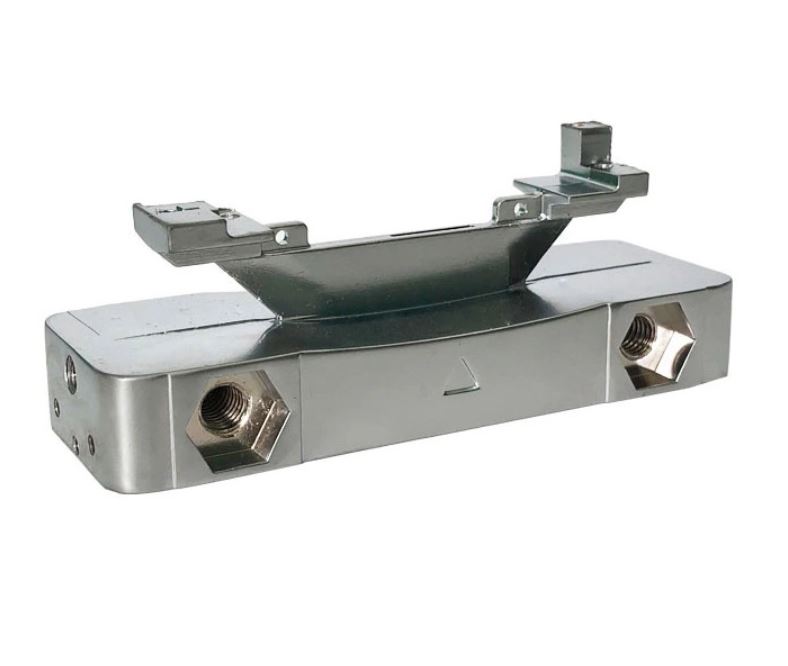
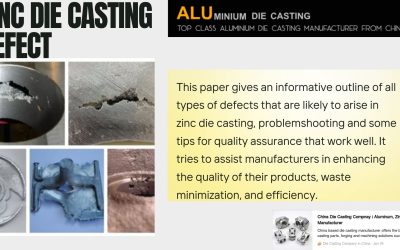
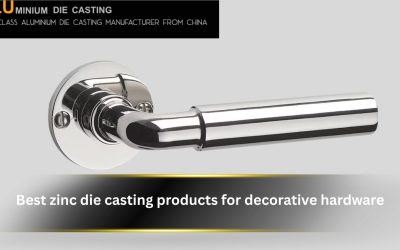
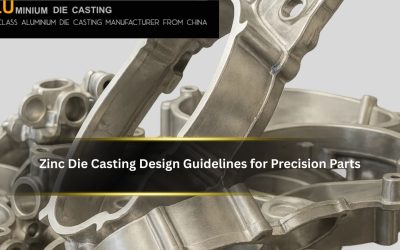
0 Comments